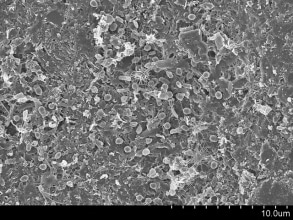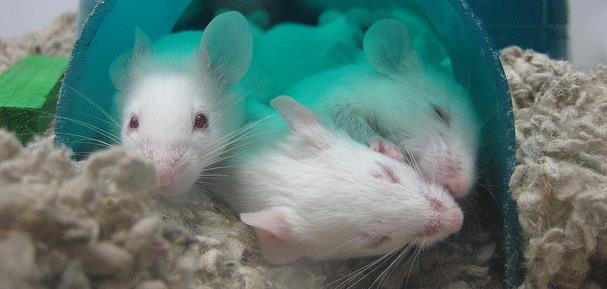There’s more to mammalian cell culture than just making sure that your cells don’t die. It is a lot like taking care of children. You have to feed them, make sure that they’re growing well, and keep them under constant supervision. If the cells are put through extreme conditions (over-confluency, media-deprivation, inaccurate temps, etc.), their characteristics could completely change, and they will no longer be the same cells that you started with or think you’re working with.. These changes can have a major impact on your experimental results and consistency. Here are a few simple, but often-overlooked, tips for keeping your mammalian cell lines happy and healthy, passage after passage.
- Temperature: Make sure that your cells are growing at the right temperature (37°C). It is not enough to simply rely on the reading on the outside of the incubator. You should place a thermometer inside, in an easily visible location, and make sure that the incubator reading matches the thermometer. If the readings don’t match, you will need to calibrate the incubator. The instructions on how to calibrate will usually be in the incubator manual.
- CO2: Make sure that the cells are receiving the right amount of CO2 (5.0%). You should periodically use a Fyrite Analyzer or similar instrument to make sure that the incubator reading is accurate.
- Humidity: Most water-jacketed incubators will have a separate tray on the bottom that you have to fill with water. Make sure there’s always enough water in there so that the incubator is nice and humid. It is also very important to use sterile water. This water is often the source of cell culture contamination.
- Ethanol, Ethanol, Ethanol: Every time you are working with cells, it is of utmost importance to use lots and lots of 70% ethanol. Spray it on your gloves, spray it on your hands, spray it on the outside and inside doors of the incubator, spray it on the media bottles before using them, spray it around the microscope, spray it in the hood…heck, you can even spray some over your shoulder for some good luck. Spray it anywhere and everywhere that you can think of that can be a source of contamination for your cells.
- Armor Beads: If your lab experiences lots of contamination issues, it might be a good idea to invest in some Lab Armor Beads. These beads replace the water in a water bath. They are compatible with most conventional water baths – but double check before you make the purchase, of course. They are easy to use and easy to clean (just spray them with some…you guessed it…Ethanol!) They dramatically reduce the risk of contamination.
Keep a close eye on these simple things and you will have a healthy, thriving culture of mammalian cells.
What are your tips for keeping your mammalian cells healthy and happy?






